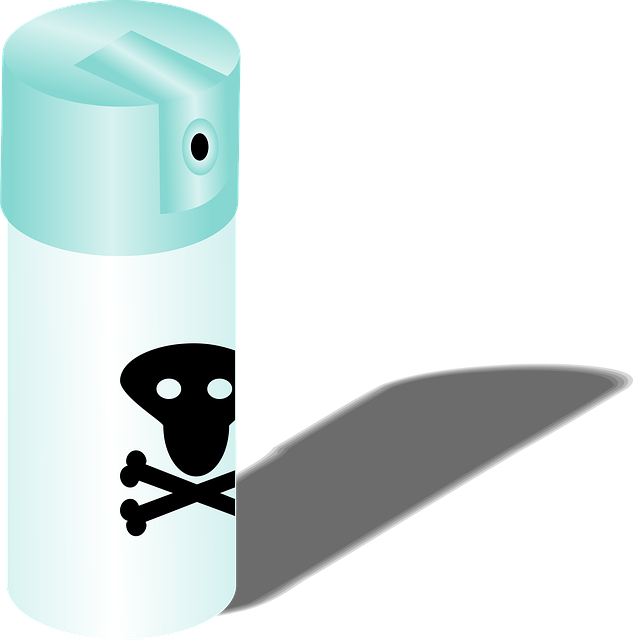When it comes to keeping a home comfortable and pest-free, most people reach for a can of bug spray or a jug of pesticide without thinking twice. While these products can be effective in the short term, it’s important to recognize that they often come with risks—not just for the pests, but also for the people and pets living inside the home.
Understanding the Risks

Modern pesticides and insect repellents are designed to kill or repel living organisms, and their chemical ingredients don’t always stop working once they leave the nozzle. Improper use can contaminate indoor air, settle on surfaces, or leach into soil and water. Prolonged exposure has been linked to respiratory issues, skin irritation, and in some cases, more serious long-term health problems.
Another concern is improper storage. A half-used container tucked under a kitchen sink may not seem dangerous, but it poses a risk of leaks, accidental ingestion by children, or contamination of food prep areas. Outdoors, over-application can harm beneficial insects like bees and butterflies, and even impact the local ecosystem.
Natural Alternatives to Consider
The good news is that not every pest problem requires a chemical solution. A few practical, natural methods can reduce or eliminate the need for harsh sprays:
- Essential oils: Peppermint, citronella, and eucalyptus oils can deter common household pests like ants, mosquitoes, and spiders.
- Diatomaceous earth: A fine, non-toxic powder that works against roaches, fleas, and other crawling insects by dehydrating them.
- Physical barriers: Sealing entry points, repairing window screens, and using weatherstripping goes a long way in keeping pests outside where they belong.
- Cleanliness: Regular vacuuming, wiping down counters, and promptly removing food waste cuts off pests at their source.
While natural remedies may not act as quickly as commercial sprays, they often provide a safer long-term solution.
When Chemicals Are Unavoidable
Sometimes, despite best efforts, a stubborn infestation leaves few options. In those cases, the key is careful, informed use:
- Read the label closely. Follow dosage instructions exactly—more is not better.
- Ventilate well. Open windows and run fans to reduce indoor chemical buildup.
- Protect yourself. Wear gloves, avoid skin contact, and wash thoroughly afterward.
- Store safely. Keep containers tightly sealed, out of reach of children and pets, and away from food or water sources.
Final Thoughts
Pesticides and repellents can play a role in managing pests, but they shouldn’t necessarily be the first or only solution. By understanding the risks, trying natural alternatives, and exercising caution when chemicals are necessary, homeowners can keep their living spaces healthy, safe, and pest-free without unnecessary exposure to harmful substances.
